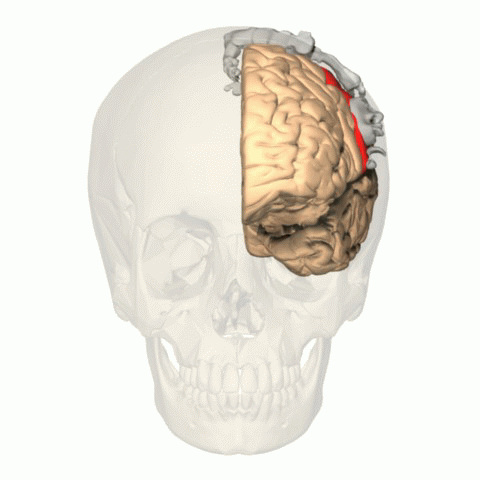Did you know that your brain has a cartoonish little version of your body living inside it? It might sound odd, but it’s true!
It’s called the homunculus, and it’s responsible for mapping out your body.
What’s interesting is that different parts of your body take up different amounts of space in the homunculus, depending on how sensitive they are. For example, your face and hands take up a disproportionately large amount of space compared to your back or stomach.
You can find the homunculus in the somatosensory cortex, part of the brain responsible for processing and interpreting sensory information from the body.

How was this miniature map of the body discovered?
Years of research and experiments on animals and humans, culminated in 1937 when Wilder Penfield and Edwin Boldrey published their findings after operating on awake patients under local anesthesia.
By stimulating different parts of the cortex of 126 patients, they were able to elicit movements and sensations in specific body parts and recorded verbal reports from the patients on what they were experiencing.
This allowed the researchers to create our distorted human-like friend.
This map was a significant contribution to the field of neurology and neuroscience. It helped researchers to understand the relationship between brain functions and movement, and to study the effects of brain damage on movement and sensation in corresponding body parts.
The homunculus has also been used to explain some neurological disorders, such as Phantom Limb Pain (PLP), which occurs when a person experiences pain or other sensations in a limb that has been amputated.
In fact, even after a limb is amputated, the neural pathway that carries sensory input from the limb up to the brain remains. So, although the physical limb is no longer there to send signals to the brain, the brain’s representation of the limb, the homunculus, still exists and can cause patients to experience pain.
By understanding the role of the homunculus in these conditions, researchers can gain important insights into the functioning of the human brain. As our understanding of the brain continues to evolve, the homunculus will likely remain an important tool in the study of neuroscience for years to come.
So, the next time you look in the mirror, remember that there’s a little cartoon version of you living inside your brain!
~~~~~~
This article, along with others I’ll be releasing this week, has been created for the Brain Awareness Week 2023. My aim for this week is to spark your curiosity, share valuable knowledge, inspire, and raise awareness about factors that can impact our brain health.
Want to stay updated? Follow me on Medium! Let’s dive into the fascinating world of the brain together.
~~~~~~
Reference:
Catani, M. (2017). A little man of some importance. Brain, 140(11), 3055–3061. https://doi.org/10.1093/brain/awx270